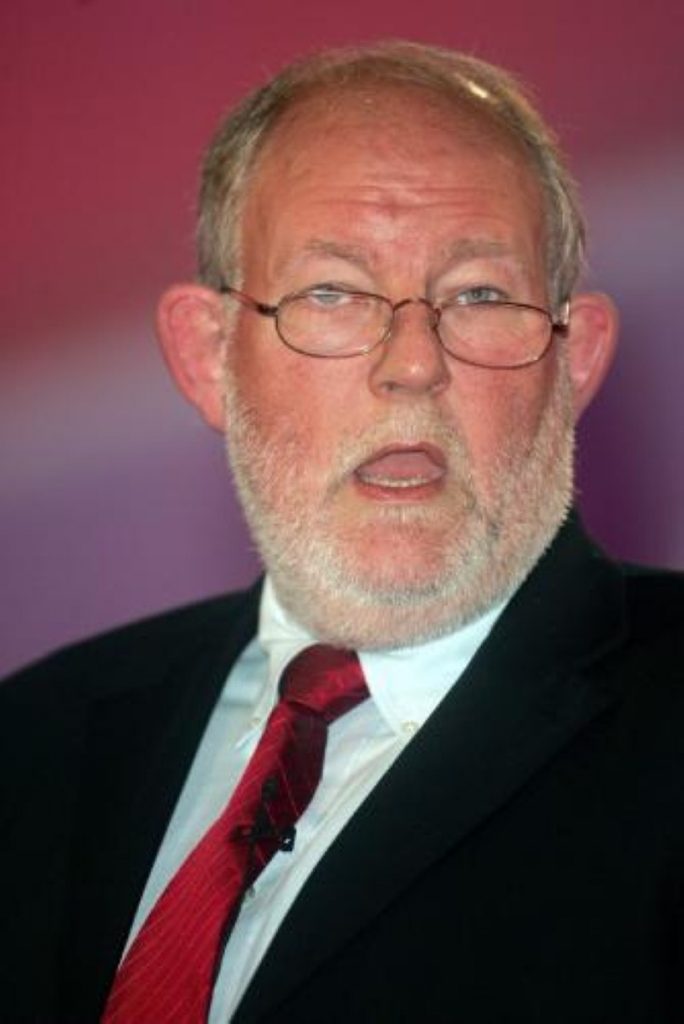Clarke presses ahead with control orders
The Home Secretary Charles Clarke has told the House of Commons that he intends to press ahead with controversial plans to introduce control orders for terrorist suspects.
Addressing MPs, Mr Clarke said that there would be two types of control orders, those that required derogation from the European Convention on Human Rights and those that did not; both would be tailored to the nature of the threat.
These could range from house arrest, electronic tagging to restrictions on telephone or internet usage.
The controversial plans to introduce house arrest would come under the first category and require the Government to opt-out of parts of the ECHR, Mr Clarke said.


On the advice of the police and the security services he would not be seeking any such orders now.
Control orders not requiring derogation from Article 5 of the ECHR would provide for prohibitions on the possession of specified articles, on services, on facilities, movement and on working, Mr Clarke said. Breaching the orders would be a criminal offence subject to imprisonment or a fine, he added.
In cases where a home detention order or similar would be orders, Mr Clarke said the bill would allow him to make the order immediately, but derogatory orders would also be subject to immediate consideration by the judiciary and those subjected to the lesser order would have the right to a judicial review.
Mr Clarke said that the terrorist threat to the UK had not diminished and there was a “continuing threat” to the UK.
“Some believe that the absence in this country of a terrorist outrage like 9/11 or Madrid means that the terrorist threat has somehow passed us by or failed to materialise.
“That view is short-sighted, complacent, ignorant of the facts and potentially cavalier of the safety of this country.”
Mr Clarke said that prosecution remained the Government’s preferred option for dealing with those suspected of terrorist involvement, and the Government was considering introducing new offences to help the police bring cases to court.
But, Mr Clarke made no concessions to the Liberal Democrats and Conservatives who wanted intercept evidence to be used in court. He argued that intercepted information was a small part of the intelligence picture and was often used only to direct surveillance activity.
But, Shadow Home Secretary David Davis warned the Government that the proposals would act as “a recruiting sergeant for enemies of the state”.
He suggested that the existing anti-terror legislation should be renewed to allow the Commons adequate time to consider more appropriate legislation.
But Mr Clarke said that last year’s Law Lords’ ruling that the existing legislation breached the ECHR meant that the Government was under an obligation to act now, and renewing the act would result in a solution that was “uncertain, unsolid and flew in the face of the Law Lords”.
Mark Oaten, the Liberal Democrat home affairs spokesman reiterated his stance that judges should ultimately be the ones making decisions on terror suspects, not politicians.
He urged the Home Secretary to reconsider his stance and look again at the issue of intercept evidence – perhaps convening a committee to look at specific proposals.
Mr Clarke though argued that ministers were sufficiently accountable to Parliament.
MPs will now debate the proposals on Wednesday and next Monday before the plans – if passed – are sent to the Lords.
The current anti-terror laws that permit indefinite detention of terrorist suspects expire on March 14.












